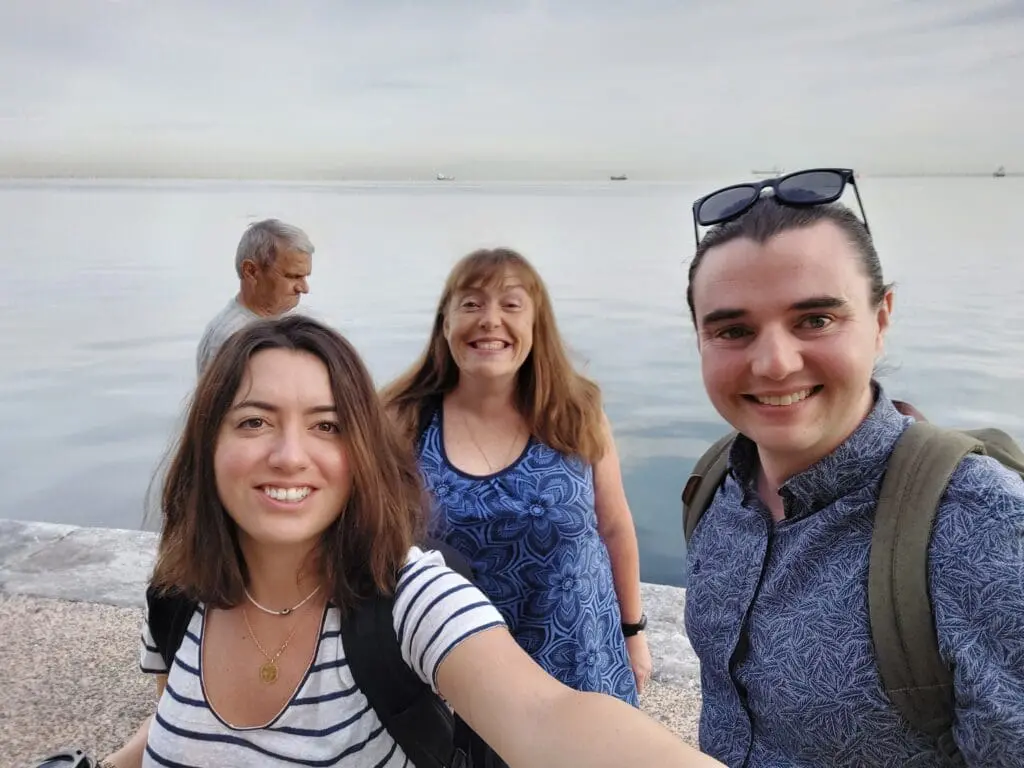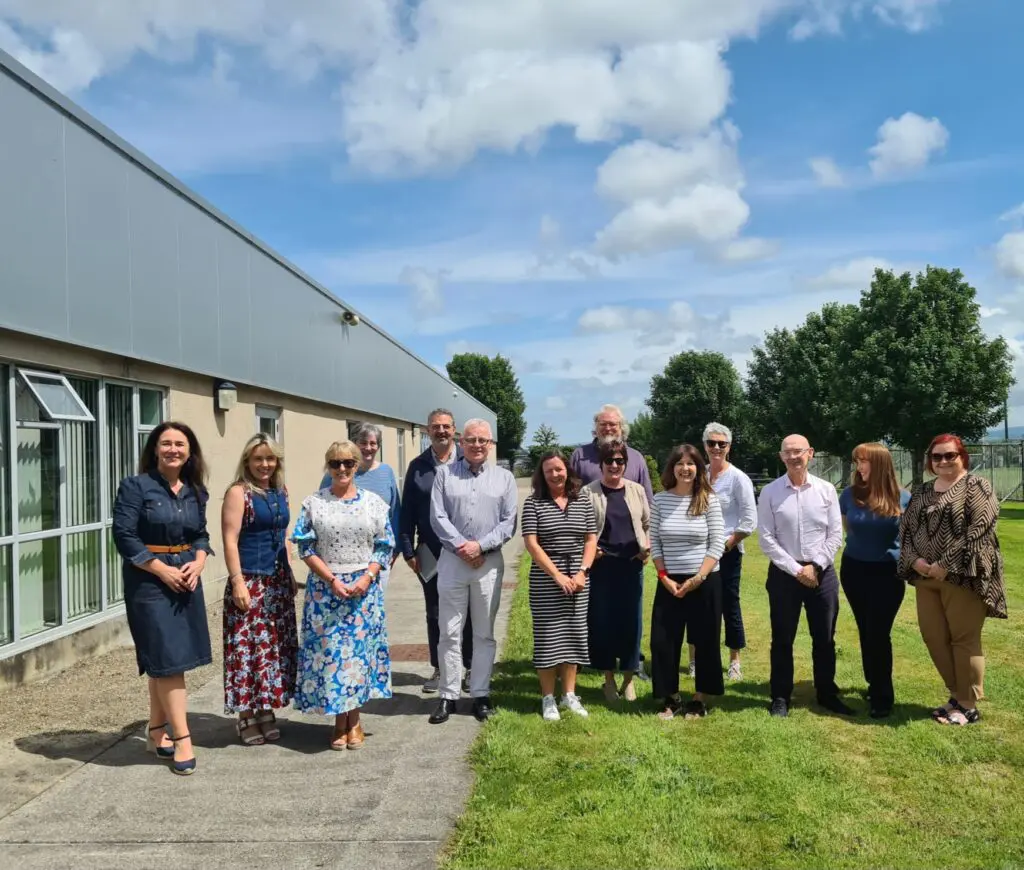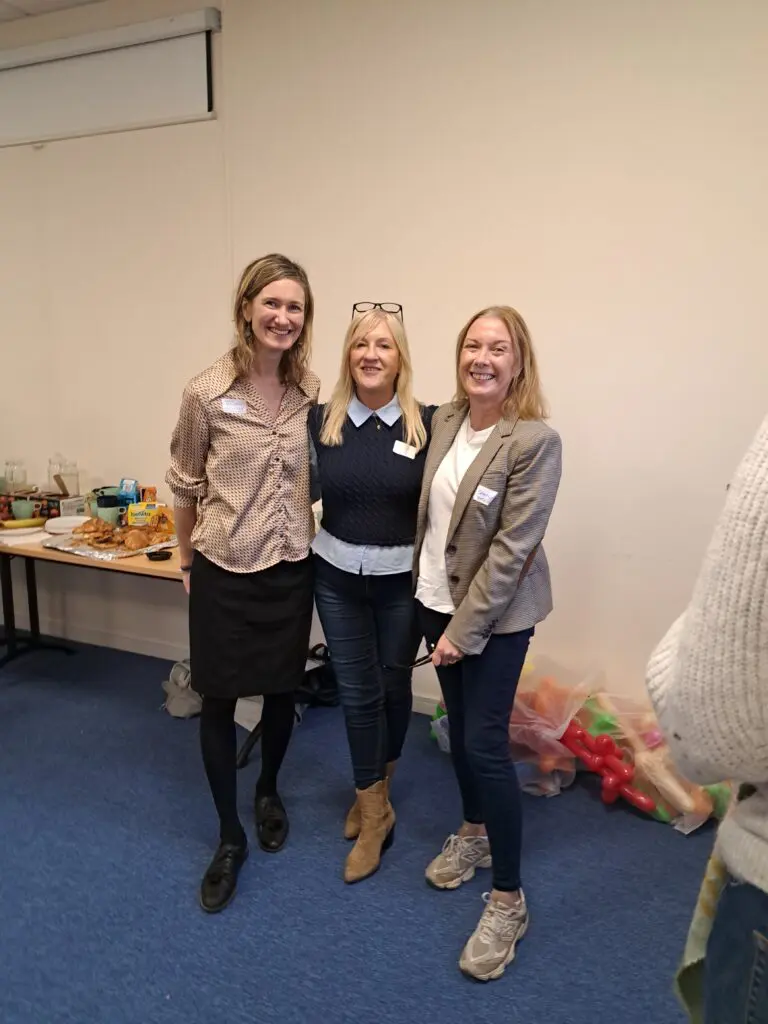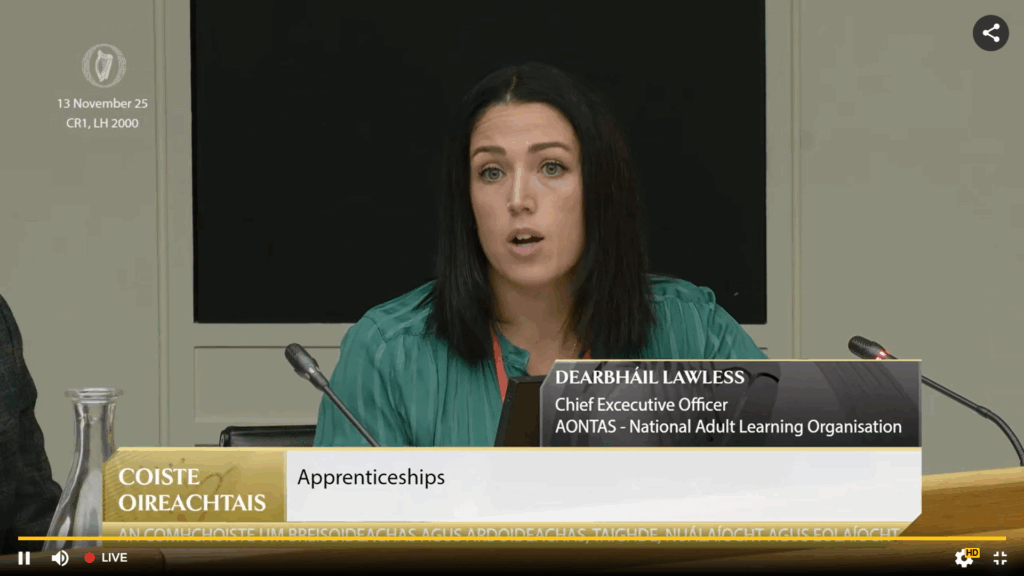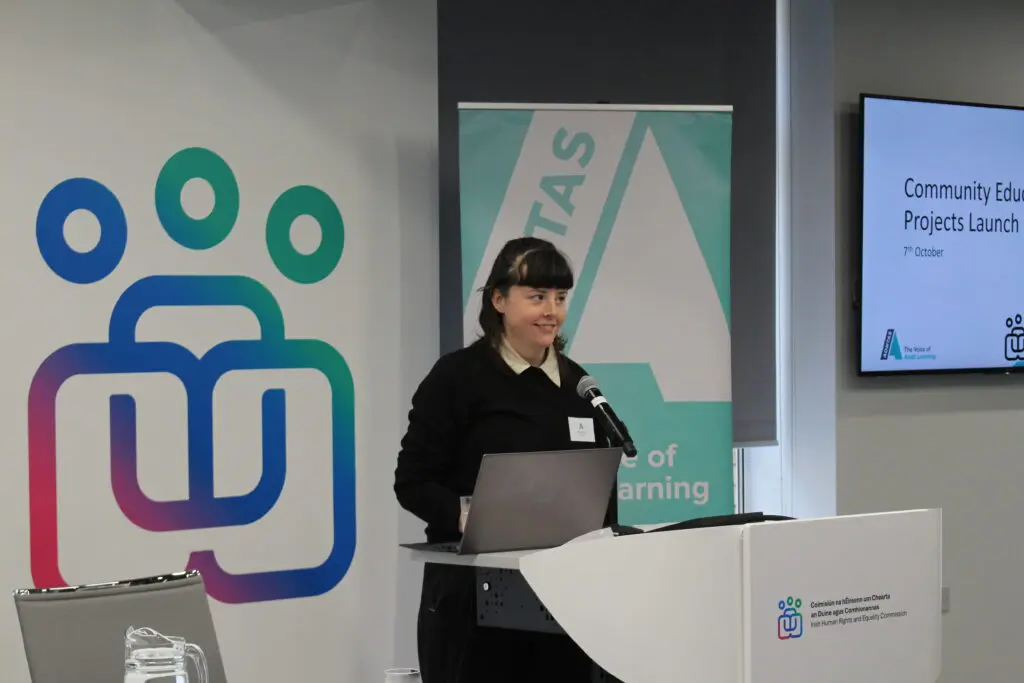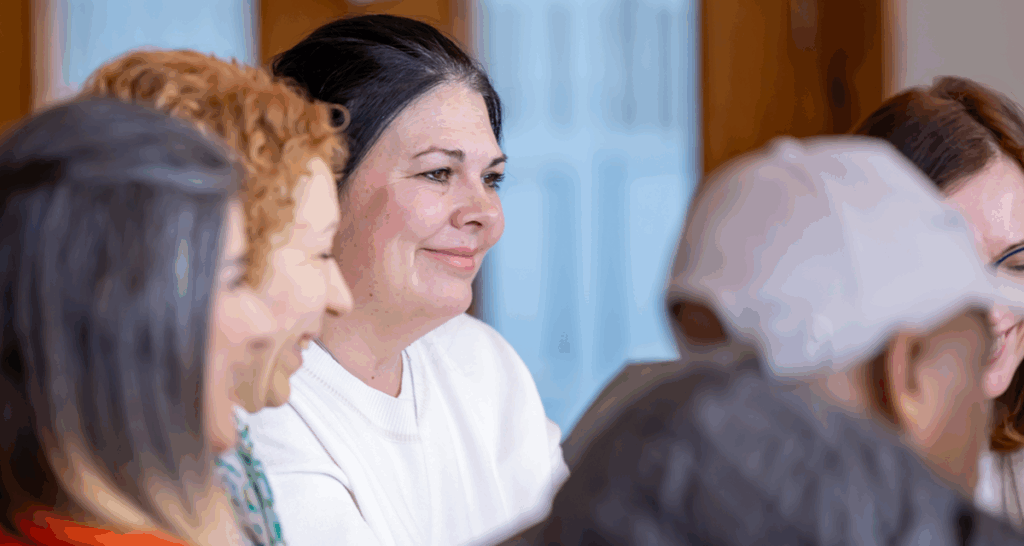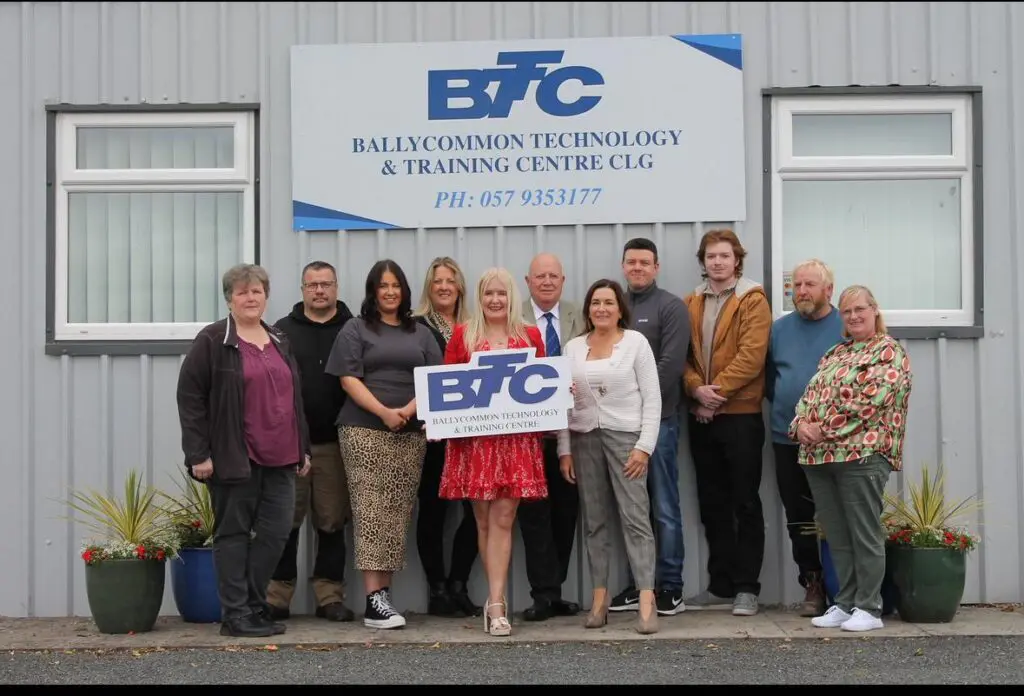As Ecem and I are part of the Advocacy Team here at AONTAS, gathering examples of best practice in adult learning in a number of varied settings is an important part of our work. We were joined by Marissa Hebron, an Early Years manager and teacher at Longford Women’s Link. Marissa was also keen to learn about Greek societal approaches to Early Years Education, practitioner training and community development.
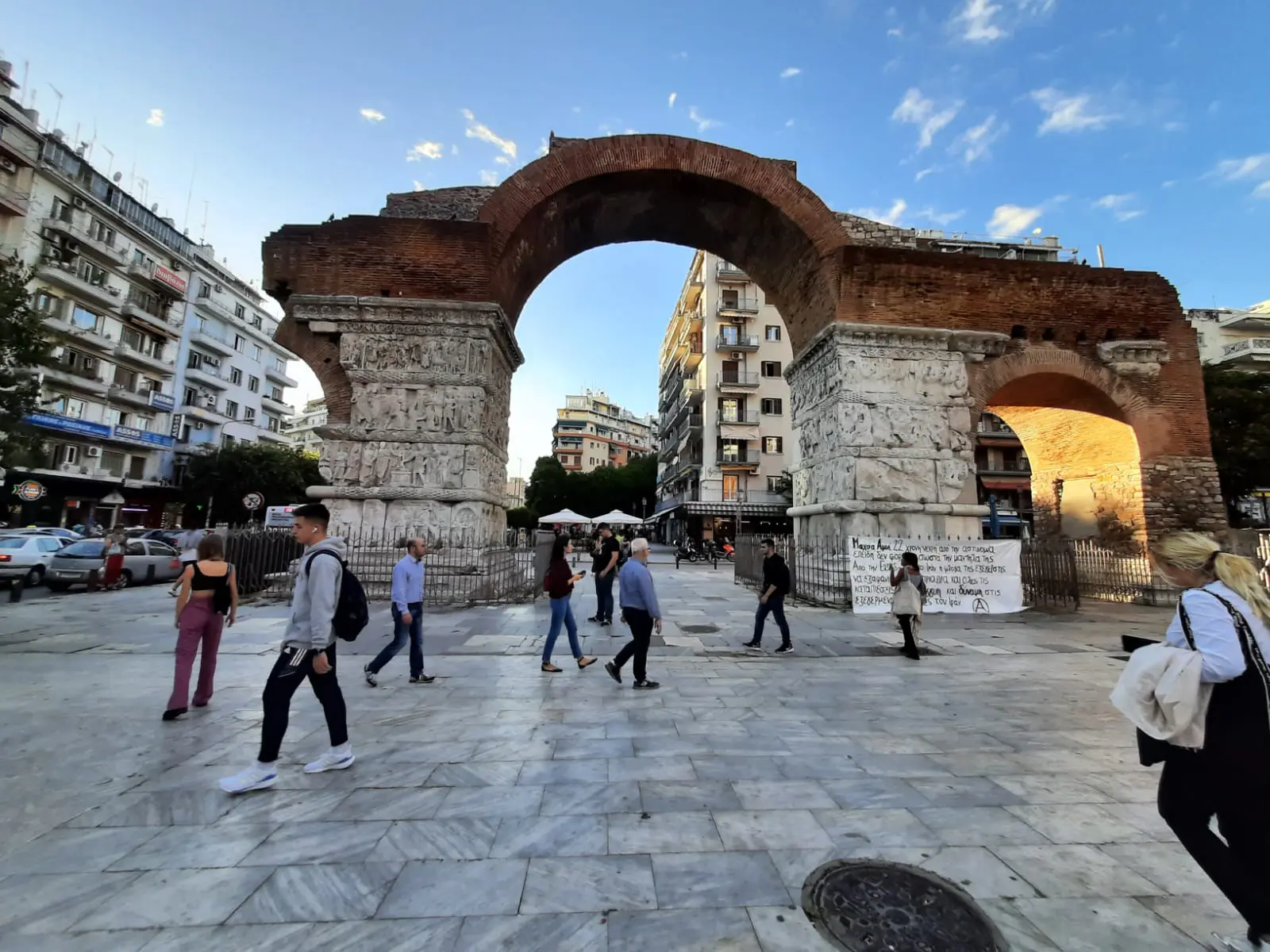
We were really looking forward to visiting Greece and learning about approaches to adult education there. When we arrived in Thessaloniki we were instantly struck by the lively atmosphere in the city. It’s a bustling, crowded coastal town with over 80,000 students and 1 million inhabitants. Despite being founded in 315 BC, its buildings are mostly modern as much of the older architecture has been lost to repeated earthquakes.
Echoes of the city’s past are still evident. As we walked around after arriving we came across Roman ruins and medieval watch towers among the apartment blocks, restaurants and student bars. This interesting mix of the old and the new appeared to be a theme of our trip as we visited Larissa and Thermi to see how educators and policymakers provide adult education there.
The City that Learns
First up was a study visit to Larissa, the ‘city that learns’ in the bread basket of Greece. It is a UNESCO Learning City, meaning that they are part of a global network which works to cultivate a culture of lifelong learning. Larissa is a lifelong learning success story and is somewhat of an outlier in Greece, which has some of the lowest levels of adults participating in education in Europe.
According to Eurostat, only 3.5% of adults in Greece take part in formal learning activities, the second lowest in the European Union.
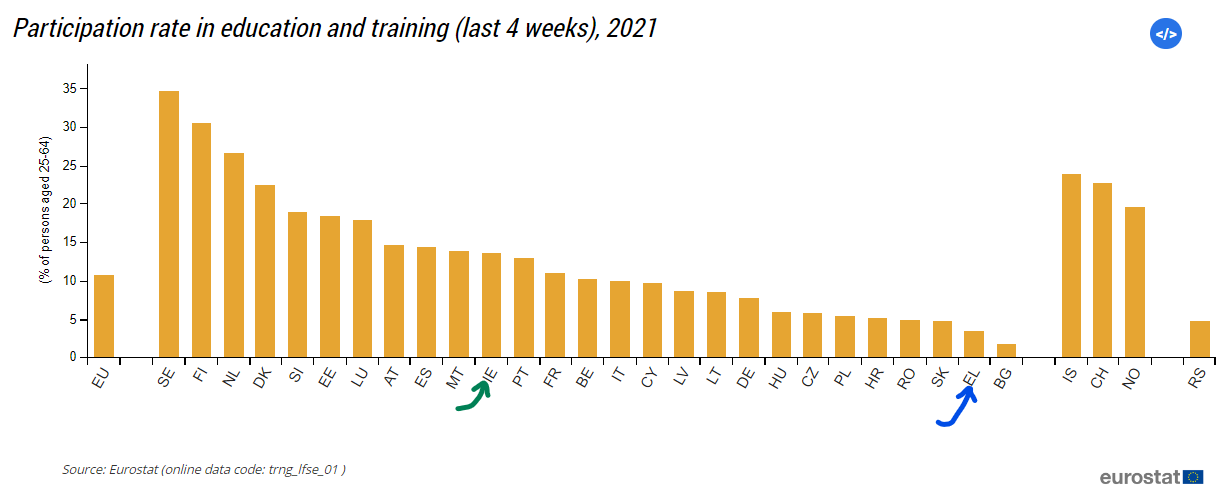
Table from Eurostat 2021 research. Greece is marked ‘EL’ and Ireland is marked ‘IE’
Adult learning policy and action in Larissa bucks this trend. At the Municipality Offices, Deputy Mayor for Education and Lifelong Learning, Dimitris Deligiannis, outlined how Larissa has struck out on its own adult education path.
Collaboration over Competition
Mr Deligiannis and the city council believe strongly that education is the key to solving the many problems facing modern European municipalities. He described how education can solve the multi-faceted challenges of the climate crisis, inequality, the rise of neo-Nazi, fascist politics and an ageing population. What makes Larissa different is the vision of its political leaders and the willingness across the town to collaborate rather than compete with one another.
As Mr Deligiannis said ‘a city is a team, we must all work together to solve these difficult problems’.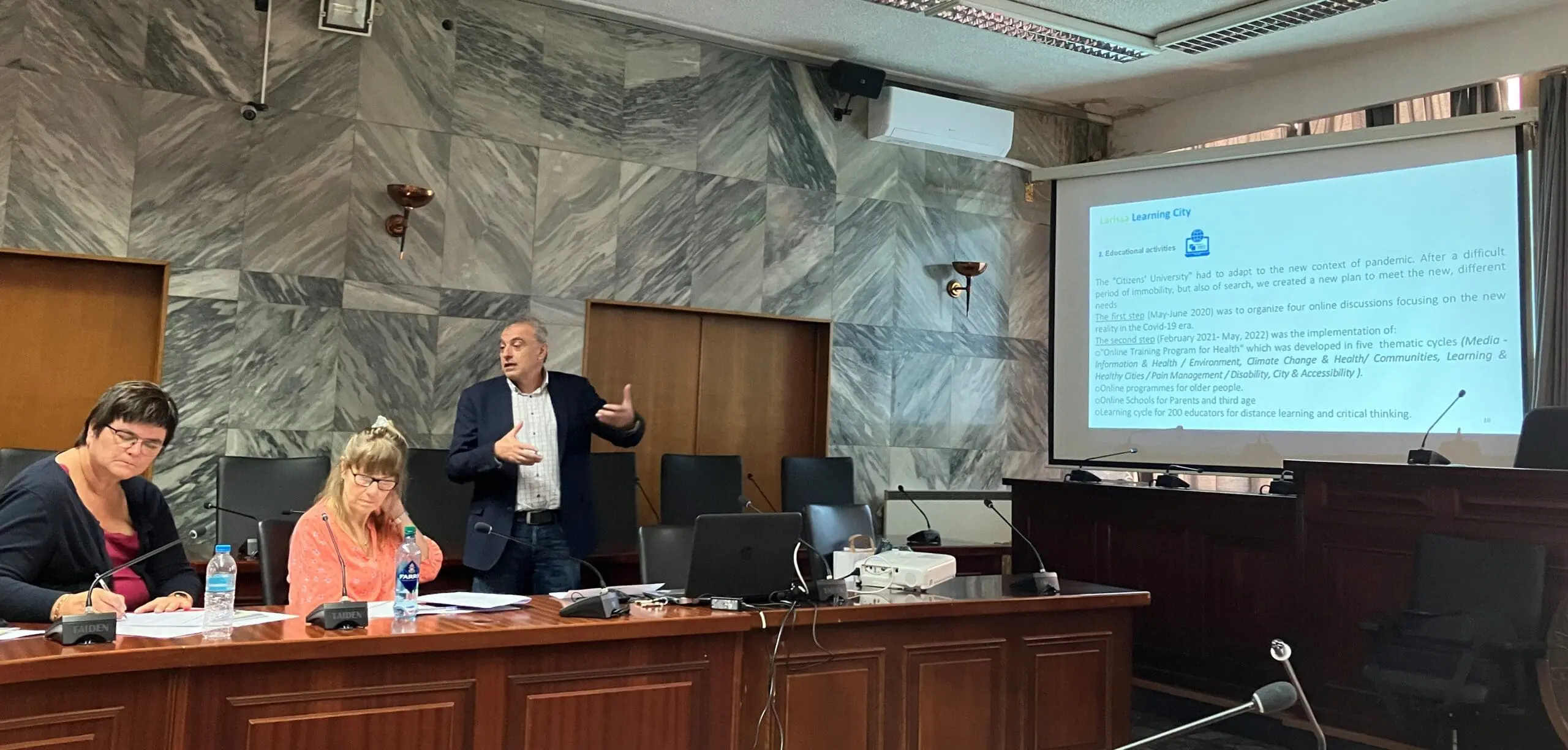 We saw this first hand at the Pappas Mill in Larissa. An old mill, developed by the municipality, it is now a museum and cultural centre. Coming from Dublin, this approach seemed novel!
We saw this first hand at the Pappas Mill in Larissa. An old mill, developed by the municipality, it is now a museum and cultural centre. Coming from Dublin, this approach seemed novel!
The Pappas Mill provides space and funding for art and cultural groups to meet and practice, and in return the municipality ask that these groups provide public exhibitions and festival performances, creating a cultural circular economy!
For instance, they have theatre and dance groups who practice there and also run online classes for later life learners who might not be able to move around the city easily.
Combining the Arts, Adult Education and Prevention
We also visited The Organisation Against Drugs (OKANA), an addiction prevention centre. They are also funded from the municipality and use novel approaches to prevention and education. They take a ‘Prevention Plus’ approach, running programmes such as ‘Prevention + Art’ and ‘Prevention + Theatre.’ These sessions are run with adults and young people and are facilitated by one social worker or psychologist, and one artist – a fascinating way of combining the arts, adult education and prevention services.
In Larissa, this connection of arts and culture with education is a matter of course. Just as in the Pappas Mill project, it seems intuitive for educators to connect learning activities with the arts. Perhaps this is an element of Greek culture, with their rich history stretching back millennia. Just as the architecture and atmosphere is an interesting mix of the old and the new, their lifelong learning programmes employ a mix of cutting-edge education models with the art, culture and history of the city.
Education Fundamentally Political
On the second day of the Study Visit, we travelled to Thermi, a satellite town of Thessaloniki. There we learned about the Greek policy landscape from Dr George Koulaouzides of the Hellenic Open University and the Hellenic Adult Education Association.
After Dr Koulaouzides’ presentation, we heard from members of the Youth Council of Thermi, an innovative initiative which encourages youth engagement and utilises a ‘Sociocratic’ organisational structure, with interconnected circles that help support the values of effectiveness, equivalence, and transparency.
A key point we learned in Larissa and Thermi was the connection between priorities and policy. Again, the educators and policymakers we spoke to emphasised that education is fundamentally political.
Our host, Mr Deligiannis, warned that a neutral political stance in education leads to indecision and inaction. If a town, province or country truly prioritises the welfare, education and happiness of its citizens, this will be reflected in its policies.
This may appear simple, however, we found it illuminating in the context of a city which so clearly prioritises education and the development of the city for all its citizens. In Larissa, they have achieved their aim of truly being a Learning City through commitment, cooperation and common vision.
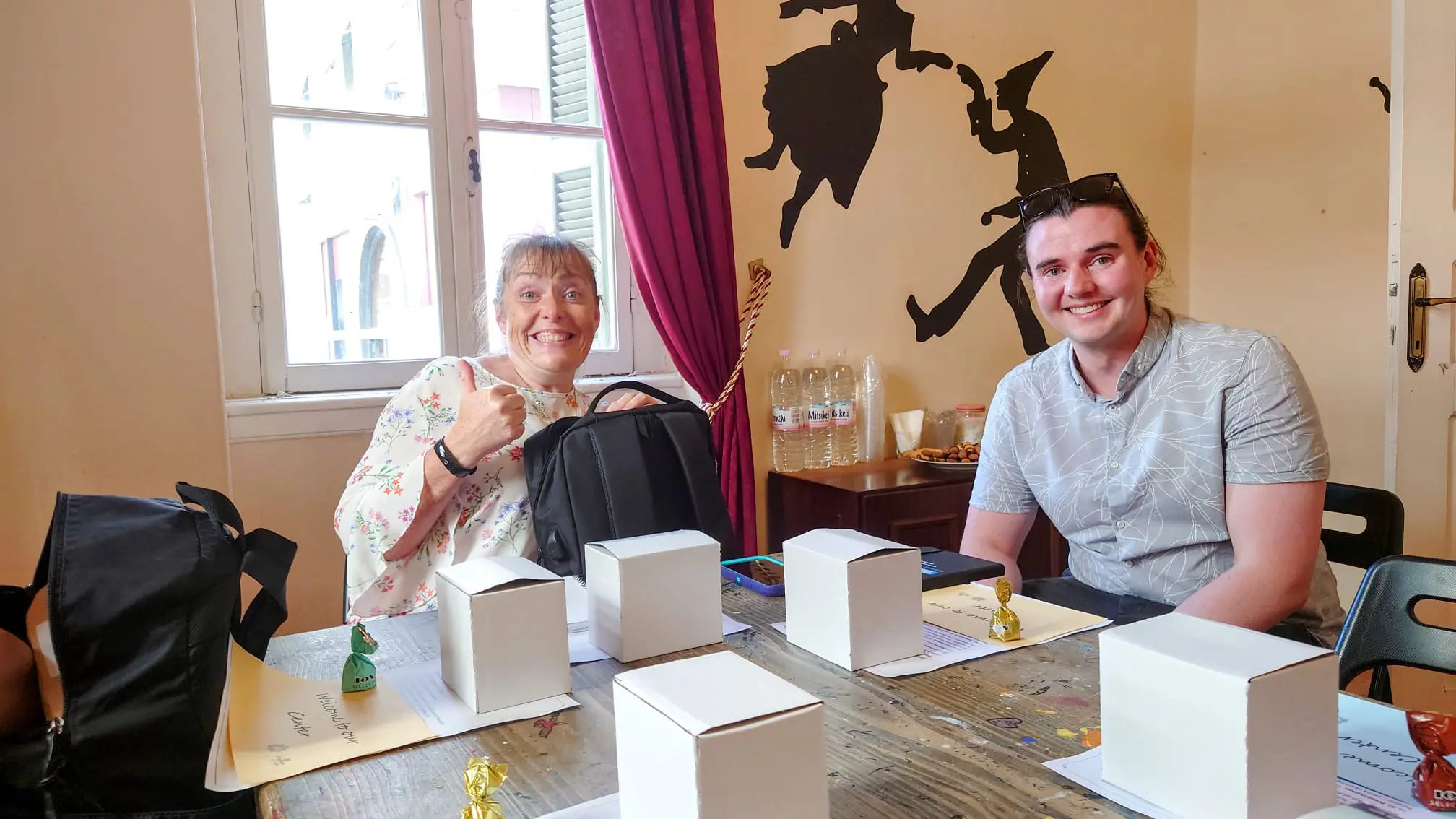
For more information on the RegALE project, contact Ecem Akarca, our EU Projects officer, at eakarca@aontas.com
If you are interested in our advocacy and capacity building work here at AONTAS, contact Conor Thomposon, our Capacity Building Officer, at cthompson@aontas.com
To find out more about Erasmus+ opportunities in Ireland, contact Léargas.
